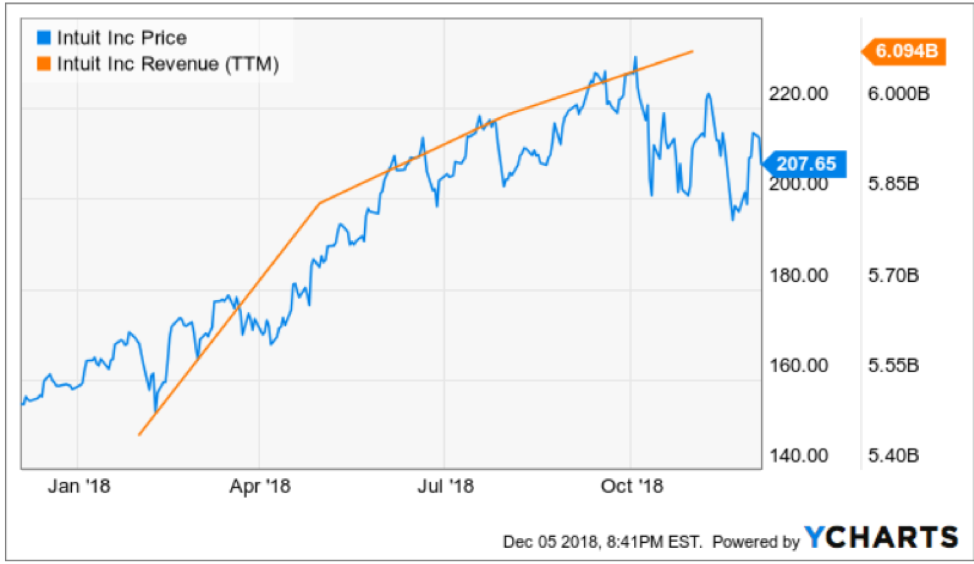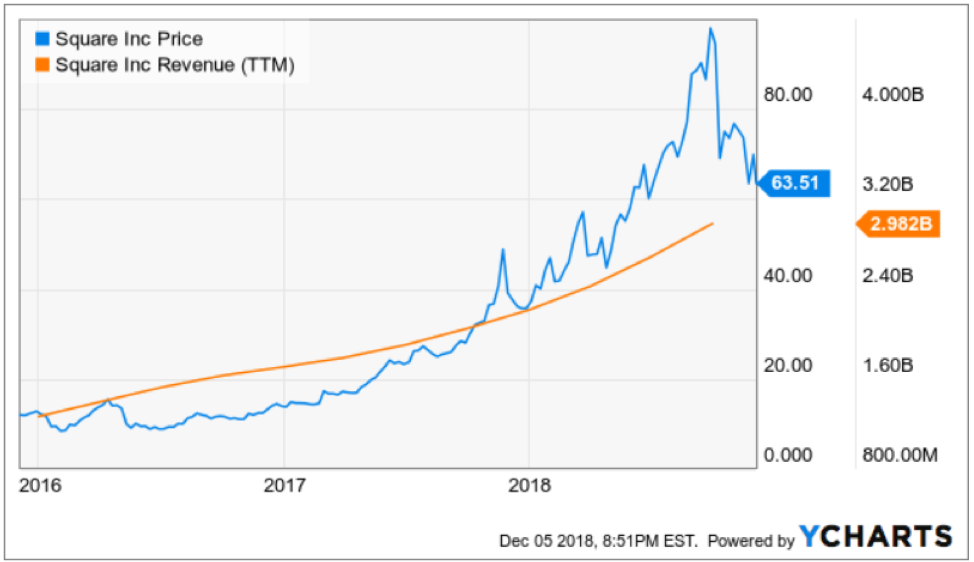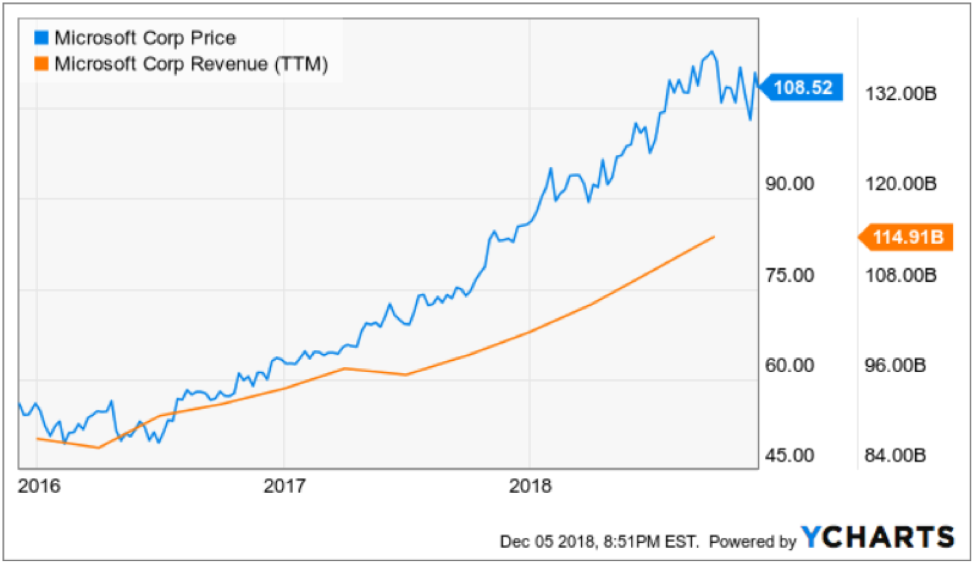A Big Escalation of the Trade War
CFO of Huawei Meng Wanzhou was arrested transiting in Vancouver and is facing extradition to the United States to face the accusation that she violated sanctions against Iran.
This doesn’t help calm the nerves of tech investors. Not at all.
Wanzhou is the daughter of Founder and President of Huawei Ren Zhengfei who springboarded to success after his close ties to the People’s Liberation Army helped propel his career in technology when Shenzhen opened up its economy in the 1980s.
He has never looked back since then developing Huawei into one of the key cogs of the global telecommunications infrastructure.
Huawei’s rapid ascent has been the defacto Achilles heel between the United States and Chinese tech relations gone sour.
China is hell-bent on dominating 5G and beyond, and the Chinese communist views Huawei as a critical component to executing this vision.
That being said, there are plenty of tech stories out there that are worth a look irrespective of the macro headaches.
In a time like this, avoiding China-themed tech stocks would offset some volatility as shares have been on a rollercoaster because of issues unrelated to the companies themselves.
Software companies with income streams closely linked to domestic revenue is a trope that I have recommended and will outperform the pure tech growth stocks in 2019.
A company that epitomizes these traits is Intuit (INTU). The problem with it is that it is too expensive right now as well as having growth-related road bumps.
Intuit is a company your family tax accountant loves and hates.
It is a financial software taking care of financial, accounting, and tax preparation for small businesses, accountants, and individuals.
The company is headquartered in Mountain View, California.
The bulk of its revenues derive from operations within the United States and that is music to my ears right now in this climate.
Intuit also owns TurboTax which is one of the most popular domestic income tax preparation software packages in the United States.
Quickbooks Online, another type of accounting software owned by Intuit, is the firm’s bread and butter product and expanded over 40% YOY.
Even with this premium growth, the small business unit was only able to grow 11% YOY.
Quickbooks Online now has 3.6 million subscribers demonstrating the large scope of its business.
Through feast or famine, people will always need accounting and financial software even with a fractious global trade war threatening to topple global trade.
This software stock will provide stable earnings and reliable profits because of its defensive nature.
However, its 3-year revenue growth of 12% is not what premium tech companies produce. Intuit needs to ramp up its revenue drive and I believe the changing of CEO from old hand Brad Smith to his hand-picked successor Sasan Goodarzi will do the trick.
Goodarzi has indicated that he intends to migrate up the value chain into the mid-tier business revenue stream hoping to land some notable deals.
His immediate job is to identify a solution to help accelerate the firm’s top-line growth again.
The addressable market is massive, and Intuit isn’t capitalizing on its position with smaller companies, leaving the opportunity to upsell more advanced software to customers on the table.
The alarm bells should be ringing.
Intuit requires an upgrade in its software strategy in an evolve-or-die tech climate.
Nurturing small business customers is part and parcel to adopting a legitimate growth strategy as the status quo moving forward.
Weeding out one’s core customer base is a kamikaze mission.
If Intuit nails this transition, then new income streams will open up while retaining old customers.
That being said, Intuit is still a good company and could become a great company if they want to.
They even have a dividend yield of 0.8%.
Intuit is an incredibly profitable company and has increased their 3-year EPS growth rate to 27%, presiding over high-profit margins of 33%.
Financial products which include financial software are incredibly sticky and I would lump accounting software into that group too.
Accountants do not fancy switching over accounting software every year and risk fudging the numbers.
The company has made around $1 billion in profits the past three years and annual revenue has steadily climbed from $4.19 billion in 2015 to $5.96 billion in 2018.
Management indicated that 2019 revenue will come in around $6.5 to $6.6 billion, a jump of around 8-10%.
In my books, 8-10% of a company of this ilk isn’t good enough.
I am hoping new management will roll out the Microsoft (MSFT) playbook which focused on its subscription as a service (SaaS) revenue stream and reaped the untold rewards.
Intuit needs to wean itself from selling packaged products.
And the 11% growth in last season's earnings report was a pitiful deceleration from 17% the year before.
It is clear that management has not pumped enough juice out of this baby and fresh blood should invigorate management at the top level.
Highlighting the attractive possibilities to grow the existing user base is the uptick in self-employed subscribers within QuickBooks online surging to around 745,000 from 425,000 YOY.
Cross-selling to this existing subscriber base would increase average revenue per user.
On a sour note, strength isn’t happening across the board with the desktop ecosystem revenues of $537 million sliding 4% YOY.
Intuit isn’t harnessing the tools they currently possess.
Converting the critical customer feedback into actionable results will boost the company’s products and would be a big first step in making this a premier software company along the lines of Adobe (ADBE).
They have the foundation set up to achieve an Adobe-like revenue trajectory.
A revamp to the sorely lacking functionality will drive more revenue and keep customers happy as well as pulling in more mid-tier income streams.
I wouldn’t label Intuit a strong buy at this point and short-term macro weakness is a great reason to hold off on this stock before making the plunge.
Longer term, I pray that fintech newcomer Square (SQ) won’t expand into the individual accounting software industry because the rate of innovation percolating inside of Square’s office walls is second to none.
Tax software would be on the chopping block if Square can get its act together and make a beeline towards this segment.
Technology rewards the brute force innovators and Square wants to disrupt anything that involves digital finance.
I believe Intuit has good and not great software, but the lack of innovation could decimate them down the line once a serious innovator starts to eye their addressable market.
In any case, if Intuit becomes cheaper sliding to the $150-$160 levels from the $207 today, that would serve as a smart entry point into this above average software stock.
However, there are higher quality software companies out there, especially many whose revenue isn’t decelerating and some whose annual revenue is doubling every two years like Square.



